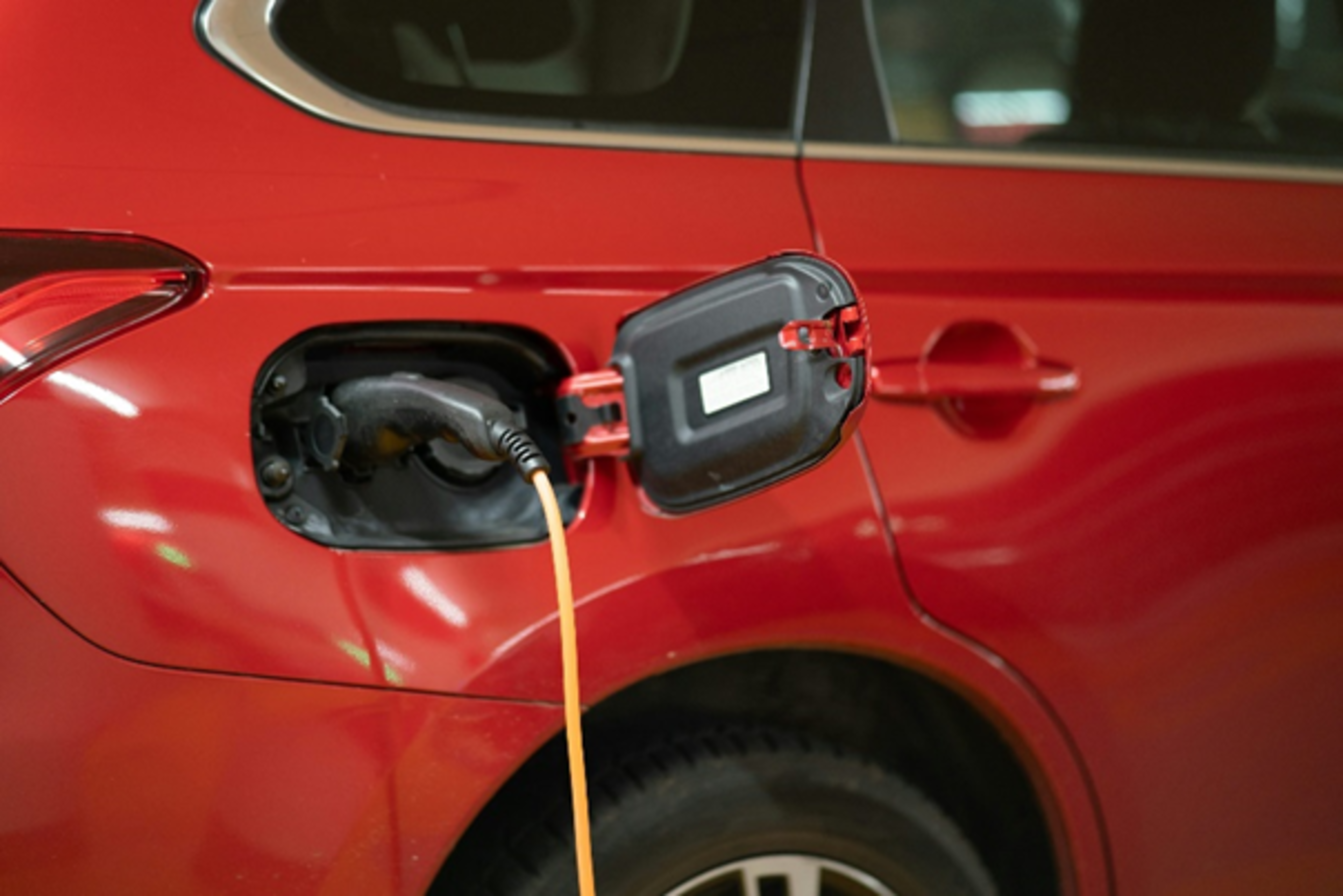Hybrid Cars vs. Electric Cars: Which is Better?

The automotive industry moves quickly, with hybrid and electric cars becoming increasingly popular. If you are considering going green, which of the two is the best choice for you? Let's have a look at the differences, pros, and cons between the two and delve into the science behind each.
Hybrid Vehicles – How Do They Work?
Hybrid vehicles are the epitome of versatility—they combine a conventional internal combustion engine (ICE) with an electric motor. This integration allows for enhanced fuel economy and a reduction in emissions. There are two primary categories of hybrids:
1. Full Hybrids: These can run on either the ICE, the electric motor, or a combination of both. They’re great at switching power sources to save fuel.
2. Plug-in Hybrids (PHEVs): These come with larger batteries that you can charge by plugging them into an outlet. They can run on electric power alone for a short distance before the ICE kicks in.
Advantages of Hybrid Vehicles:
- Fuel Economy: By toggling between the ICE and electric motor, hybrids can really stretch a gallon of gas.
- Longer Range: Hybrids don’t need to be charged as often since they also run on gasoline, which means less hassle on long trips.
- Eco-Friendliness: They emit fewer pollutants than conventional cars, making them an attractive option for those concerned about the environment.
Disadvantages of Hybrid Vehicles:
- Complexity: The integration of an electric motor and an ICE results in more parts that may need maintenance.
- Battery Limitations: Hybrids are restricted to electric power for short distances, which means they still depend on gas stations.
Electric Vehicles – How Do They Work?
Electric cars (EVs) operate using an electric motor powered by a rechargeable battery pack. Here’s a breakdown of how they work:
1. Battery Pack: The core component is the battery, typically made of lithium-ion cells, which stores electrical energy.
2. Electric Motor: This motor converts electrical energy from the battery into mechanical energy, driving the wheels.
3. Inverter: Converts the battery's direct current (DC) into alternating current (AC) for the motor.
4. Charging System: Allows the battery to be recharged using external power sources, like home chargers or public charging stations.
5. Regenerative Braking: Recaptures energy during braking and stores it back in the battery.
Advantages of Electric Vehicles:
- Environmental Friendliness: EVs produce no emissions from the tailpipe, making them the most environmentally friendly option available.
- Cost Savings: Electricity is less expensive than gasoline, and the fewer parts in EVs mean less maintenance is required.
- Performance: Electric motors provide instant torque, offering quick acceleration and a quiet, smooth ride.
Disadvantages of Electric Vehicles:
- Range Concerns: Electric vehicles have a shorter driving range compared to hybrids on a single charge, which can be a source of worry.
- Availability of Charging Stations: Locating a charging station can be difficult, particularly in rural areas. Here’s a list of how many are available in Australia by state.
- Charging Time: It takes longer to recharge an electric vehicle than to fill up a gas tank, which may necessitate careful planning for extended trips.
Comparing Price
There are a few factors to think about in terms of costs:
Purchase Price: Hybrids typically have a cheaper sticker price than EVs, although as EV technology proliferates, this is starting to change.
Fuel/Energy Costs: Since electricity is less expensive than gasoline, electric vehicles (EVs) have lower continuing costs and require less maintenance.
Government incentives are a common way to assist defray the initial cost of purchasing both hybrid and electric vehicles.
Impact on the Environment
With zero emissions, electric vehicles (EVs) outperform hybrids in terms of environmental friendliness when compared to conventional cars. When an electric vehicle (EV) is charged with renewable energy, such as solar or wind power, its environmental benefits improve even further.
Infrastructure and Charging
Things start to become interesting at this point:
Hybrids: Since they operate on gasoline, you don't need to bother about charging stations.
EVs: Are totally reliant on infrastructure for charging. Although public charging networks are still catching up in some places, home charging is still a wonderful option.
Note: Check the best used cars for sale in Brighton by following the given link.
Making the Choice
So how do you choose between an electric vehicle and a hybrid? Consider the following points:
- Daily Commute: An EV can be ideal if you have access to charging and your daily drive is brief.
- Long Distance Travel: Hybrid cars are efficient and still allow drivers to refuel at any gas station, which is great for folks who enjoy long road trips.
- Environmental Impact: EVs are the best choice for reducing your carbon footprint, especially when using renewable energy.
In summary
There are several benefits to both hybrid and electric vehicles. Your decision will be influenced by your driving style, lifestyle, and environmental objectives. You're moving in the direction of a more sustainable future whether you choose the flexible efficiency of a hybrid vehicle or the zero-emission attractiveness of an electric vehicle.
Search







